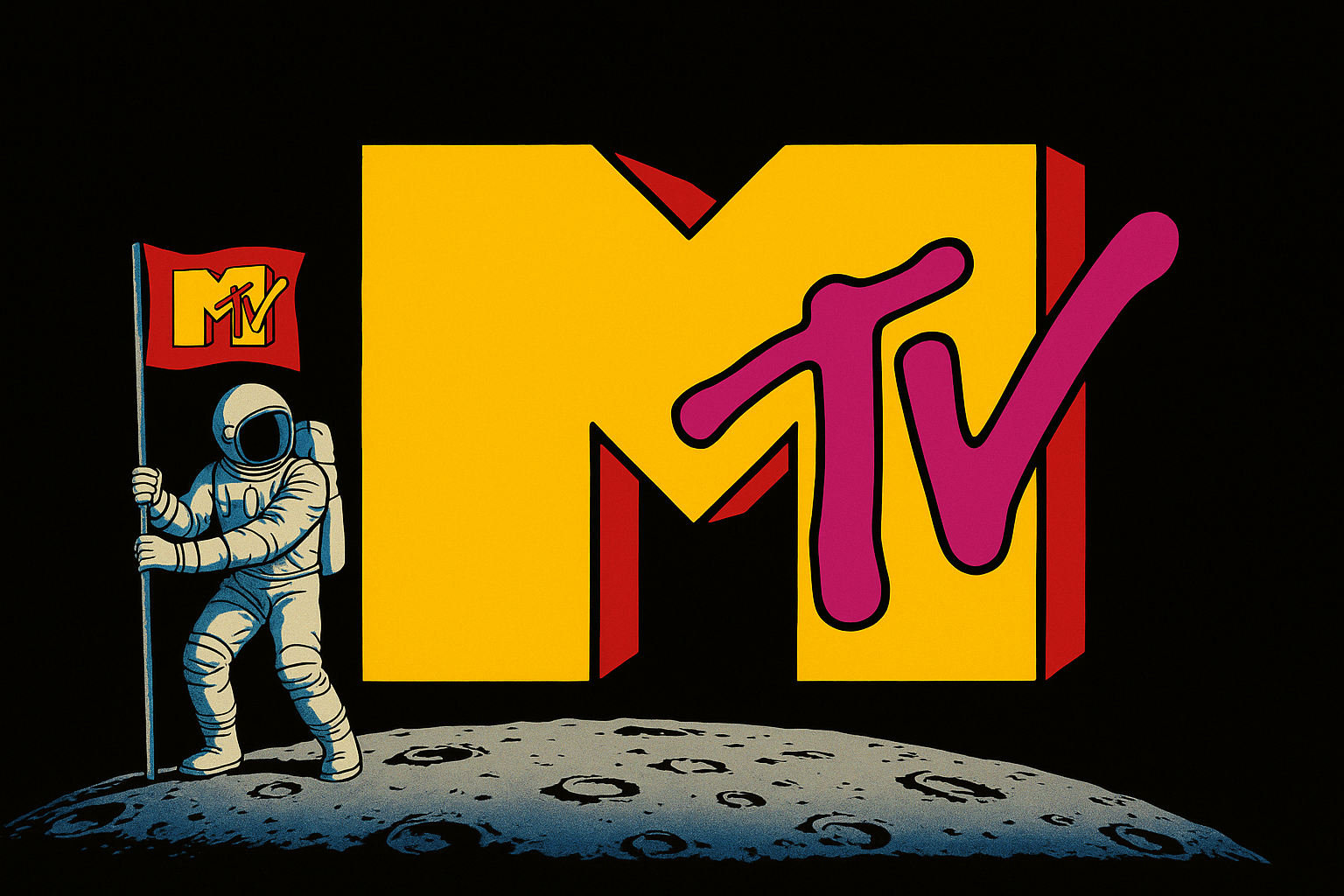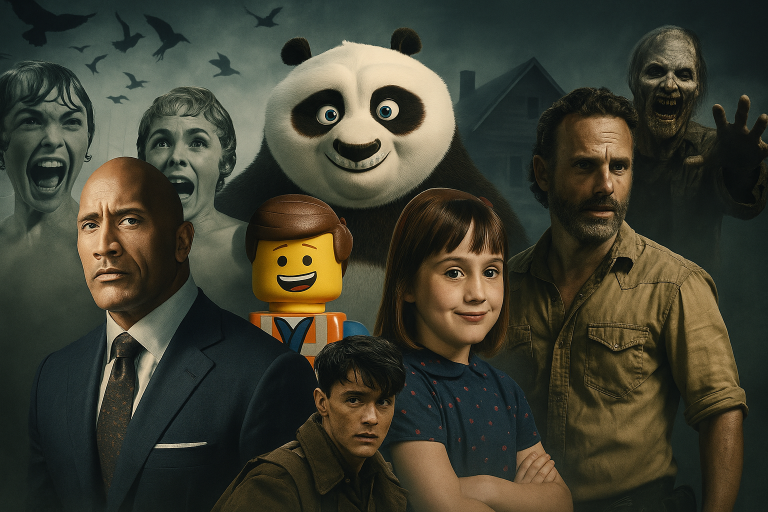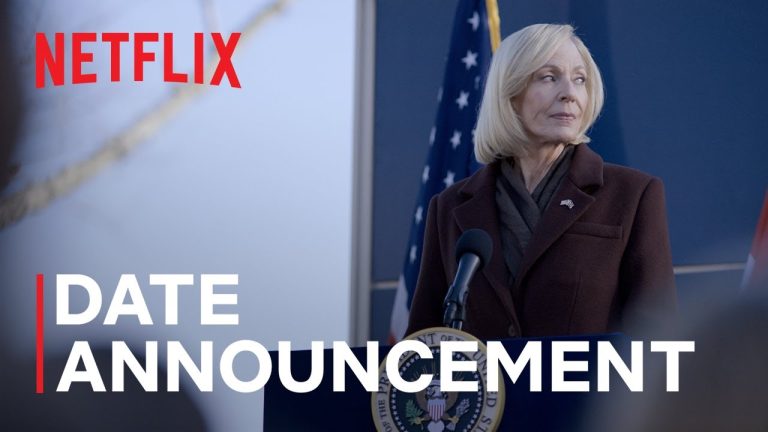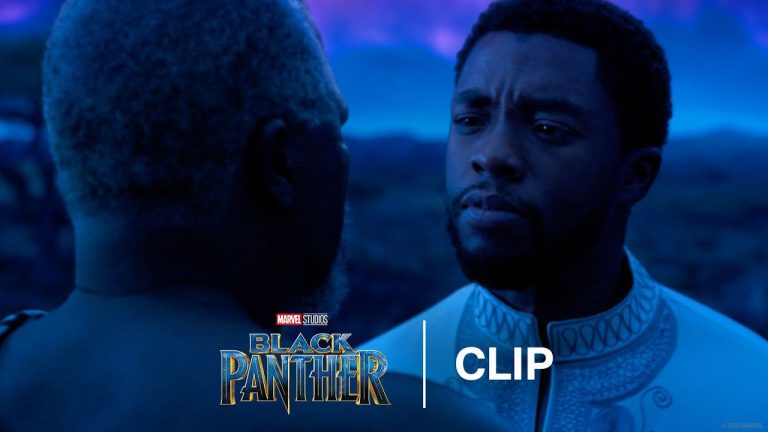MTV at 44: How a Moon Landing and a Pop Song Changed Music Forever

On August 1, 1981, MTV aired its first broadcast and changed music history forever. Forty-four years later, the legacy of that cultural shockwave still resonates, from YouTube to TikTok.
At 12:01 a.m. on August 1, 1981, a grainy shot of the Apollo 11 moon landing flickered across cable televisions in northern New Jersey. A voice declared, “Ladies and gentlemen, rock and roll.” With that, MTV was born. Backed by Warner-Amex Satellite Entertainment and helmed by founders Robert W. Pittman and John Lack, the new channel launched a revolution that would redefine the music industry, pop culture, and television itself.
The very first music video broadcast, “Video Killed the Radio Star” by The Buggles, was more than just a catchy tune. It symbolized the seismic shift MTV was about to trigger: from auditory music consumption to a fully visual experience. While the track never cracked the Top 40 in the U.S., its placement at the top of MTV’s historic playlist ensured its place in pop culture lore.
MTV’s early days were powered by the “Fab Five” VJs, Nina Blackwood, Mark Goodman, Alan Hunter, J.J. Jackson, and Martha Quinn, who became iconic tastemakers for a generation. Their on-air charisma gave MTV a personality that felt both edgy and intimate, making it a go-to destination for discovering new music and defining cool.
By the mid-1980s, MTV had helped launch the careers of global superstars like Madonna, Prince, Duran Duran, and especially Michael Jackson. His Billie Jean video reportedly broke racial barriers at the network, while Thriller set a new standard for cinematic music storytelling. The phrase “I Want My MTV” soon became more than a marketing slogan, it was a generational demand.
Yet the MTV of today bears little resemblance to its 1981 incarnation. Long gone is the 24/7 loop of music videos, replaced by reality hits like The Real World, Teen Mom, and Jersey Shore. While some mourn the shift, others view it as evolution. The network’s influence can still be felt in platforms like YouTube and TikTok, where the music video lives on, just not on cable.
As MTV marks its 44th anniversary, it remains a foundational reference point in music and media history. From its small cable debut to becoming a global brand, the network changed how artists reached audiences, and how fans experienced music. It’s a legacy that continues to echo, even if the volume has been turned down.





